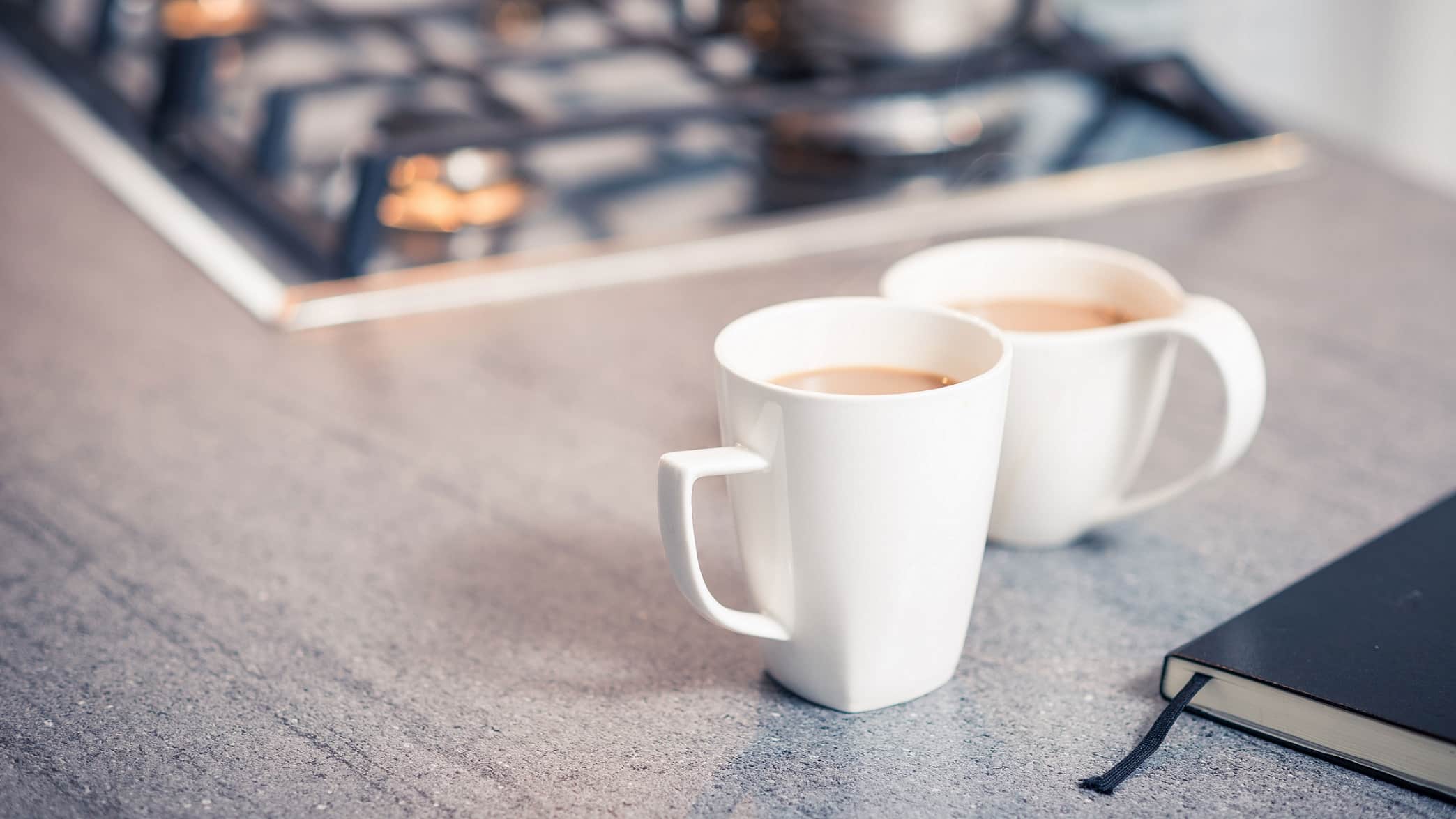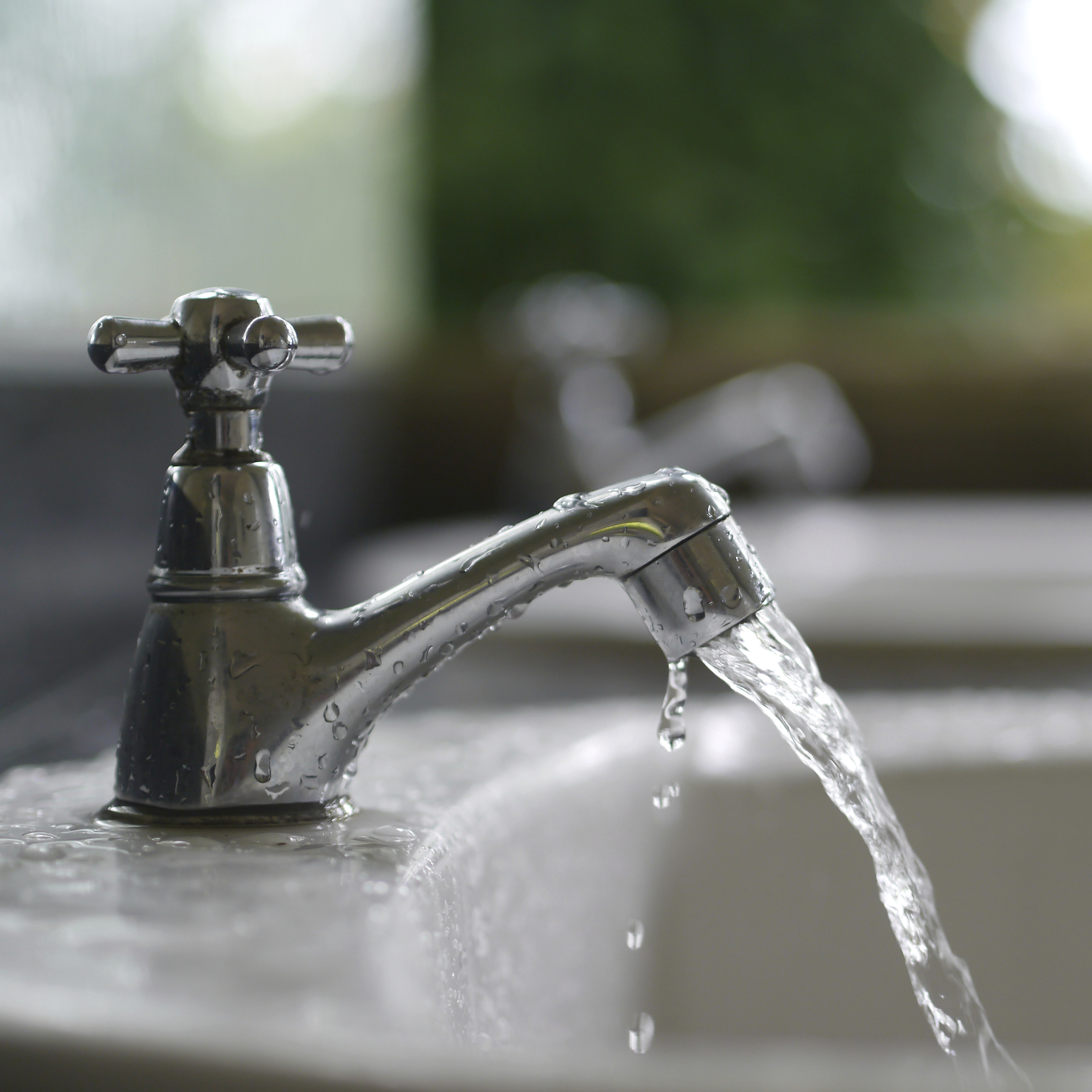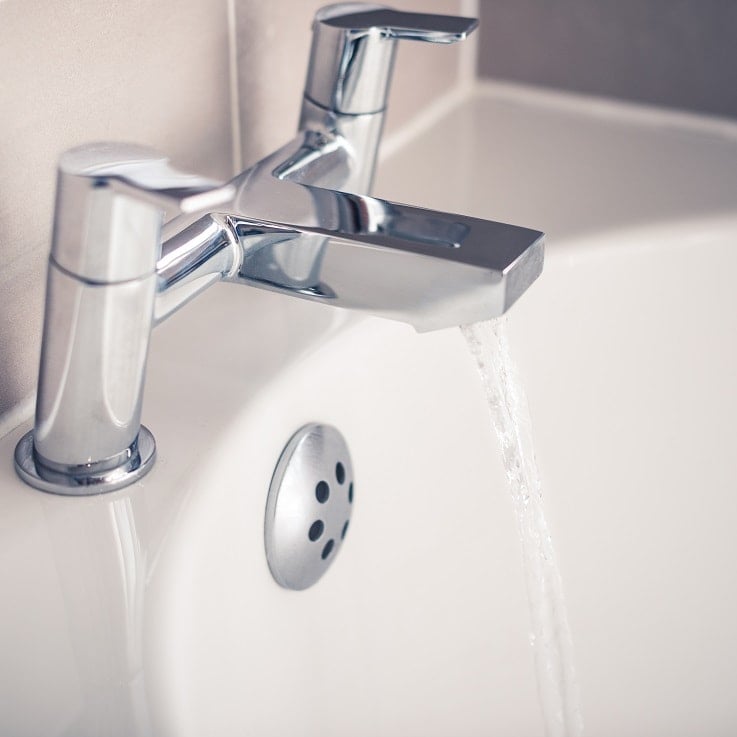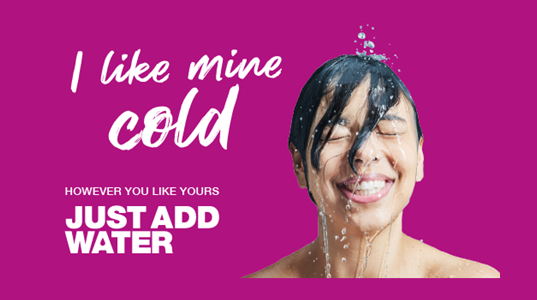Tastes and smells
Taste and smell of your water
We work hard to provide clean, clear water that tastes good, but lots of things can change the way your water tastes or smells.
We filter the water to remove any debris, kill bad bacteria, and we test it to make sure it meets our high regulated standards.
Common tastes and smells
A change in your water's taste or smell may be worrying, but many causes are harmless. Watch our video to find out what might be causing it and what you can do.
Does your water taste or smell of:
Our water comes from different sources, like rivers, reservoirs and groundwater.
This means you may notice a difference in taste between different areas. These small differences are perfectly normal.We add a small amount of chlorine to the water to maintain disinfection as the water travels through the network to your property. Depending on how close you live to one of our water treatment works, chlorine levels may be more noticeable.
Just moved home?
If you have moved house, your water may come from a new source. You′ll get used to the taste over time.
Seasonal changes
Seasonal changes also affect how our water tastes, because small tweaks may be needed in the treatment process. Chlorine may taste or smell stronger in the cold weather, too.
Top tip. Chill your water before drinking it. Fill a jug or bottle and put it in the fridge. Remember to pour any unused water away at the end of your day and refill it, to keep the water fresh.
We need to treat our water with chlorine in order to kill harmful bacteria.
The chlorine we use to kill nasty bugs can react with plastic and rubber in your plumbing. This causes a taste or smell of TCP, mouthwash or antiseptic.
But chlorine isn't the only suspect here!
If the taste or smell is noticeable in hot drinks only, it could be down to your kettle.
If your kettle is new, make sure to use fresh water every time you use it. If your kettle is older, and a bit worn, it may be time to replace it.
If the taste or smell is noticeable in both hot and cold drinks, check your plumbing and fittings. Worn, damaged fittings should be replaced approved ones using a WaterSafe approved plumber (opens in a new window).
Check your valves
If you've recently had a new appliance plumbed in, it could be the culprit. Check the appliance has a 'check valve' or a non-return valve.
This makes sure the water flows in the right direction, and stops water flowing back up the pipe.
If you don't have a check valve, get a WaterSafe approved plumber (opens new window) to fit an approved one, so your plumbing meets water supply regulations.
Standing water
'Musty' or 'stale' tastes and smells can be caused by standing water.
If your home has stood empty for a while, run your cold water to flush out the pipes.
Blocked drains and pipes
If you only notice the smell when you′re near the sink, make sure the sink and overflow are clean. Fats, greases and oils can build up in pipes, leading to bad smells and blockages.
Wash the sink drains with bleach and hot water. If the blockage is stubborn and won't shift after a good bleach, call in a reliable plumber.
Find an approved plumber at www.watersafe.org.uk (opens new window).
Pipe insulation
Hot and cold water pipes that run close together must be properly lagged and insulated. This means the hot water supply can't heat the water in the cold supply.
We've had a number of customers describe their water as 'eggy' or 'fishy', and the most common cause of this is a build up in the waste pipe and overflow.
Try cleaning the sink and overflow with very hot water and bleach. Be sure to only use cleaning chemicals that are safe for your kitchen surfaces.
Throw out old, disposable sponges and dishcloths.
If the smell or taste continues, and your neighbours are unaffected, contact a reliable plumber.
Find an approved plumber at www.watersafe.org.uk (opens new window).
If you can taste metal in your water, it's likely to be metal pipework causing it.
This taste or smell can be even more noticeable from the hot water supply.
It can also be due to parts in the hot water system breaking down. Try running the hot water for a few minutes. If this doesn't help the taste or smell, you'll need to get the system checked.
Find an approved plumber at watersafe.org.uk (opens new window).
It is very important you contact us, if you think your water tastes or smells like diesel or petrol.
Please call us on 0345 782 0999.
The taste is often described like the taste from chewing a pencil and sometimes you may see black bits in your water. It is often because certain plastic pipes are getting too old and need replacing.
Woody taste and smells are not harmful and will probably get stronger as the pipe gets older. See the 'Black alkathene pipes' PDF leaflet below, for more information.
Nickel is found in iron-made galvanized pipes, and in zinc coated steel and stainless steel.
Your taps and fittings may have nickel coatings or contain nickel, such as the kitchen tap or a water tank. Small amounts of nickel can pass from the fittings into the drinking water when you use it, especially if they are new or the coating is worn or flaking. Copper pipework doesn’t contain nickel.
If you suspect nickel is present in your tap water and this is affecting your health call us on 0345 782 0999 and we can arrange a free water sample.
The level in your water will be detailed in the test report we send you after taking a water sample or you can check my area to see the water quality report for your address.
When you are replacing a tap or fitting, we recommend that you employ a WaterSafe approved plumber (opens new window) to carry out any plumbing work and fit an approved tap or tank
Download PDFs
Are you sure?
Changes are waiting to be saved




